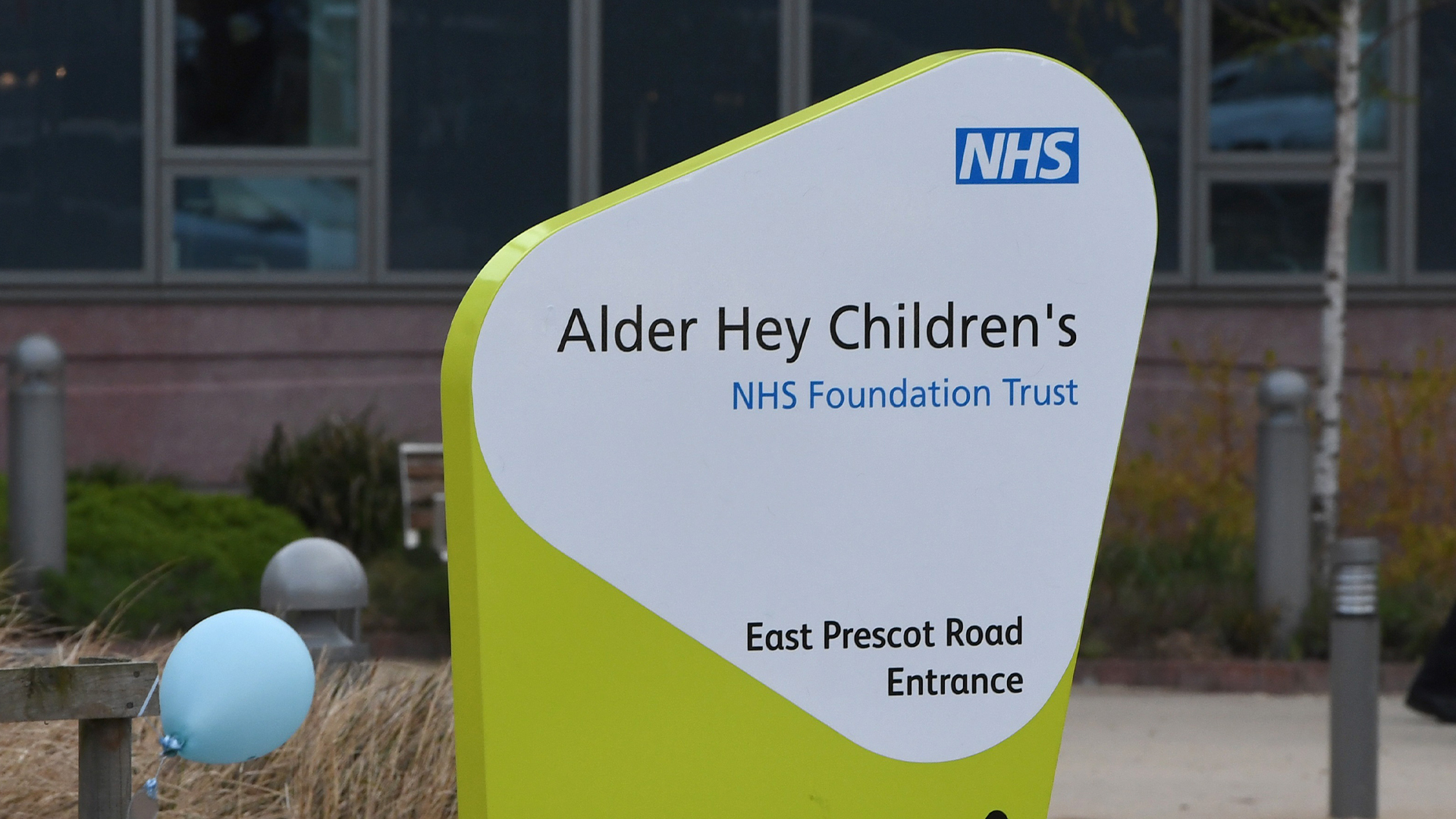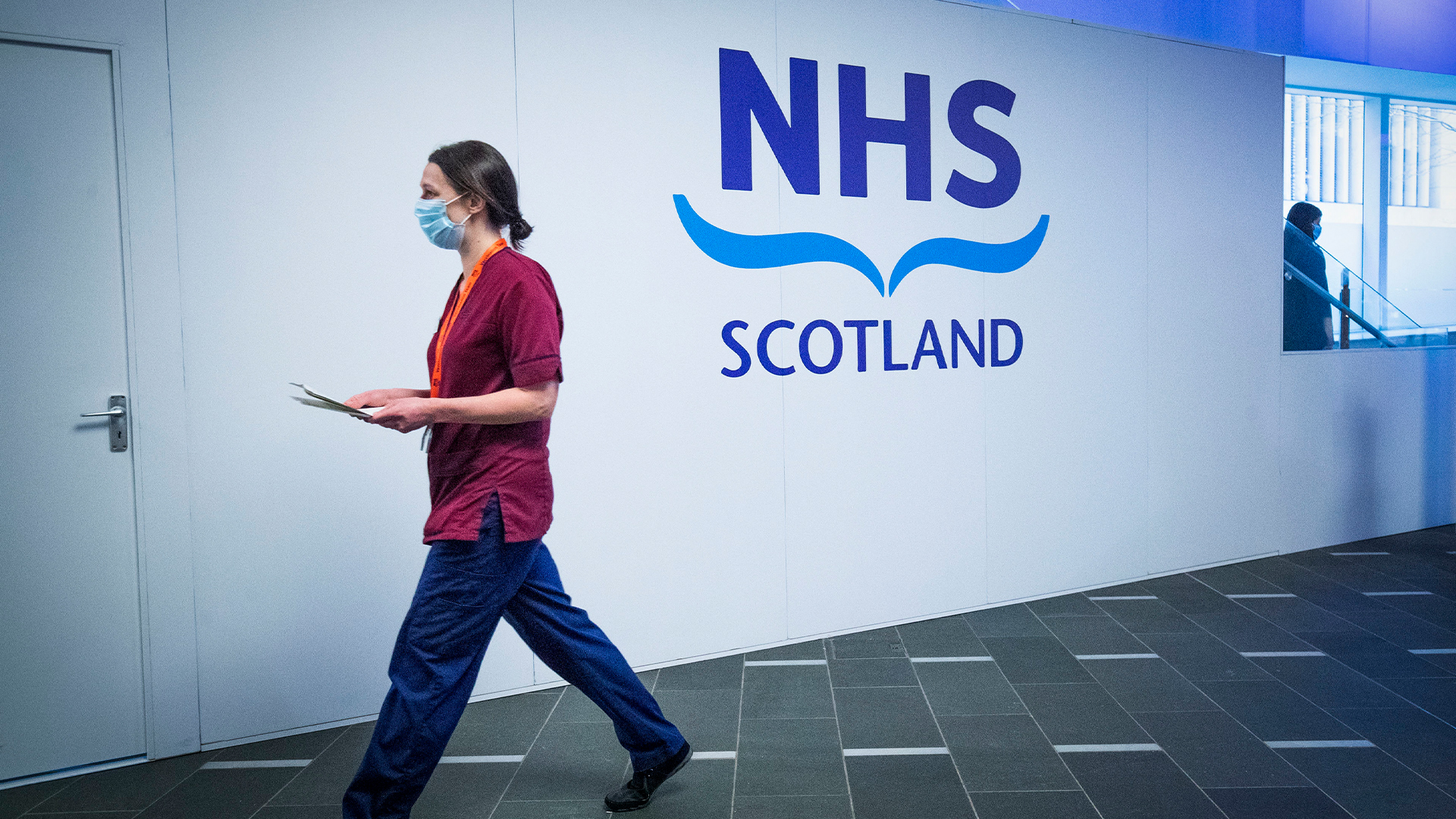Conficker worm hits hospital PCs in Sheffield
The worm of the moment appeared on NHS systems in Sheffield at the end of last year.

Even the health sector isn't immune to the ill-effects of the Conficker (or Downadup) worm, with confirmation that it made its way into Sheffield's hospitals network late last year.
On 29 December, the worm affected around 800 of 7,000 PCs used at the Sheffield Teaching Hospitals Foundation Trust which manages the five NHS hospitals in Sheffield.
David Whitham, informatics director at the trust, said in a statement that immediate action had been taken to remedy the problem and it was now under control. The trust added that there was limited impact on patient care, with only a few non-urgent appointments having to be rescheduled.
The trust remains unaware about precisely how the virus entered the network, but at around the same time the worm became evident the Microsoft update process had been temporarily disabled due to problems with some PCs in theatres.
Whitham said: "The virus has now been contained and our IT department have been working very closely with external anti-virus specialists to update PCs and remove the last remnants of the virus from the network to limit the chances of a repeat infection."
The Conficker worm has been growing massively ever since it was first detected in October and a patch from Microsoft was rolled out.
Although the Ministry of Defence hasn't confirmed it, some reports claim the recent virus that hit its systems was also Conficker.
Get the ITPro daily newsletter
Sign up today and you will receive a free copy of our Future Focus 2025 report - the leading guidance on AI, cybersecurity and other IT challenges as per 700+ senior executives
-
 Should AI PCs be part of your next hardware refresh?
Should AI PCs be part of your next hardware refresh?AI PCs are fast becoming a business staple and a surefire way to future-proof your business
By Bobby Hellard
-
 Westcon-Comstor and Vectra AI launch brace of new channel initiatives
Westcon-Comstor and Vectra AI launch brace of new channel initiativesNews Westcon-Comstor and Vectra AI have announced the launch of two new channel growth initiatives focused on the managed security service provider (MSSP) space and AWS Marketplace.
By Daniel Todd
-
 NHS supplier hit with £3m fine for security failings that led to attack
NHS supplier hit with £3m fine for security failings that led to attackNews Advanced Computer Software Group lacked MFA, comprehensive vulnerability scanning and proper patch management
By Emma Woollacott
-
 Cyber attack delayed cancer treatment at NHS hospital
Cyber attack delayed cancer treatment at NHS hospitalNews A cyber attack at Wirral University Teaching Hospital in 2024 delayed critical cancer treatment for patients, documents show.
By Nicole Kobie
-
 Alder Hey Children’s Hospital confirms hackers gained access to patient data through digital gateway service
Alder Hey Children’s Hospital confirms hackers gained access to patient data through digital gateway serviceNews Europe’s busiest children’s hospital confirmed attackers were able to steal data from a compromised digital gateway service
By Solomon Klappholz
-
 Major incident declared as Merseyside hospitals hit by cyber attack
Major incident declared as Merseyside hospitals hit by cyber attackNews The incident, which has led to cancelled appointments, is just the latest in a series of attacks on healthcare organizations
By Emma Woollacott
-
 Thousands of procedures canceled at London hospitals as Qilin releases blood test data
Thousands of procedures canceled at London hospitals as Qilin releases blood test dataNews The attack on blood testing company Synnovis continues to affect patients, while the ransomware group follows through with its threats
By Emma Woollacott
-
 Ransomware group threatens to publish 3TB of stolen NHS Scotland data after posting proof of attack
Ransomware group threatens to publish 3TB of stolen NHS Scotland data after posting proof of attackNews NHS Dumfries and Galloway has confirmed some of the sensitive data stolen during the 15 March attack has been published by a known ransomware operator
By Solomon Klappholz
-
 Attack on third-party software vendor disrupts NHS ambulance services
Attack on third-party software vendor disrupts NHS ambulance servicesNews The ambulance services serve more than 10 million people across the south of England
By Ross Kelly
-
 NHS data leak raises ‘serious questions’ about Manchester University cyber attack
NHS data leak raises ‘serious questions’ about Manchester University cyber attackNews NHS patient data used for research purposes is believed to have been compromised in the June attack
By Ross Kelly